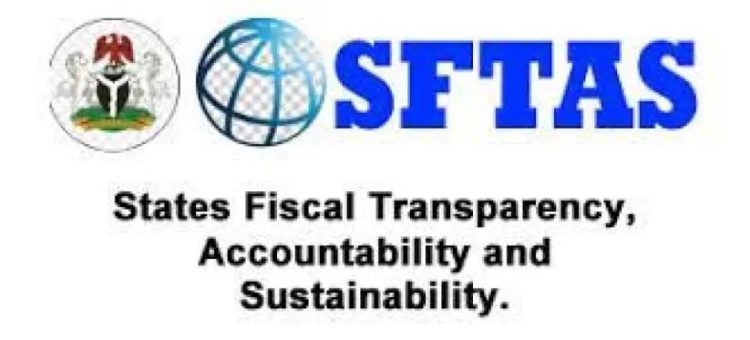Federal government has sought the partnership of civil Society organizations across the country on sustaining fiscal reforms initiated under the $1.5 billion World Bank-assisted States Fiscal Transparency Accountability and Sustainability (SFTAS) programme for results. The programme seeks to deepen fiscal transparency and accountability in public financial management system as a way of improving good fiscal governance at sub-national level.
According to a press statement signed by Mr. Ibrahim Mohammed, the SFTAS programme communication specialist, the SFTAS national programme coordinator, Federal Ministry of Finance, Budget and National Planning, Mr Stephen Okon made the call during a sensitisation workshop organised for CSOs at the weekend in Lagos.
Mr Okon explained that as part of its strategies to ensure the sustainability of fiscal reforms at sub-national level, the SFTAS programme coordination unit was engaging stakeholders on the demand side like the CSOs who can ensure that fiscal transparency and accountability are sustained in state PFM activities.
He further disclosed that the objectives of the workshop were to deepen the understanding of CSOs on the major programme elements of the SFTAS Programme for results; enhance programme visibility and buy-in; create and sustain mutual lines of communication, contact and understanding between the PCU and the CSOs; enhance community mobilisation for programme ideals’ sustainability; and engender ownership and participation by CSOs post-SFTAS.
“At this juncture, I wish to stress that this programme now in its fourth and final year of implementation needs to be sustained if the full ideals are to be realized. I therefore call on CSOs and the media to continue to promote those ideals and take full ownership of the programme beyond its life span”.
“Some of these ideals already entrenched in the States’ PFM system include online publication of approved Citizens’ budget, audited financial statements, improved procurement practices for increased transparency and value for money; strengthened public debt management and fiscal responsibility framework; improved clearance/reduction of stock of domestic expenditure arrears; and improved debt sustainability”.
The programme coordinator emphasised that beyond the disbursements, states are expected to continue to uphold and sustain the values and ideals of fiscal reforms initiated through the SFTAS programme just as he called on CSOs to use the provision of the SFTAS charter recently endorsed by the governors under the umbrella of Nigeria’s Governors’ Forum to hold governments accountable and promote good fiscal governance at sub-national level.
Recall that penultimate week, the governors -led by the chairman of Nigeria governors’ forum, governor of Ekiti state, Dr Kayode Fayemi, launched and signed the states’ charter to sustain fiscal transparency, accountability and sustainability reforms whereby they reiterate through the charter, their unwavering commitment to sustainability and willingness to be further accountable to the people.
Fayemi expressed optimism during the launch that much is already being sustained beyond SFTAS performance years, with States still publishing their fiscal documents in line with appropriate standards and pursuing the implementation of various laws that have been put in place.
Speaking further, Mr. Okon explains that the federal government has thus far disbursed the total sum of N471.9 billion to the 36 states of the Federation following the achievement of results in different disbursement linked indicators (DLIs) in the annual performance assessments (2018, 2019 and 2020) carried out by the Office of the Auditor General of the Federation as the independent verification agent (IVA).
Speaking earlier on behalf of the coalition of civil society, chairman, Centre for Anti-Corruption and Open Leadership (CACOL) Mr. Debo Adeniran promised to close ranks with the States towards deepening the advocacy and implementation of the ideals contained in the charter, enhancing community mobilization and taking direct ownership and coordination by CSOs post-SFTAS.











